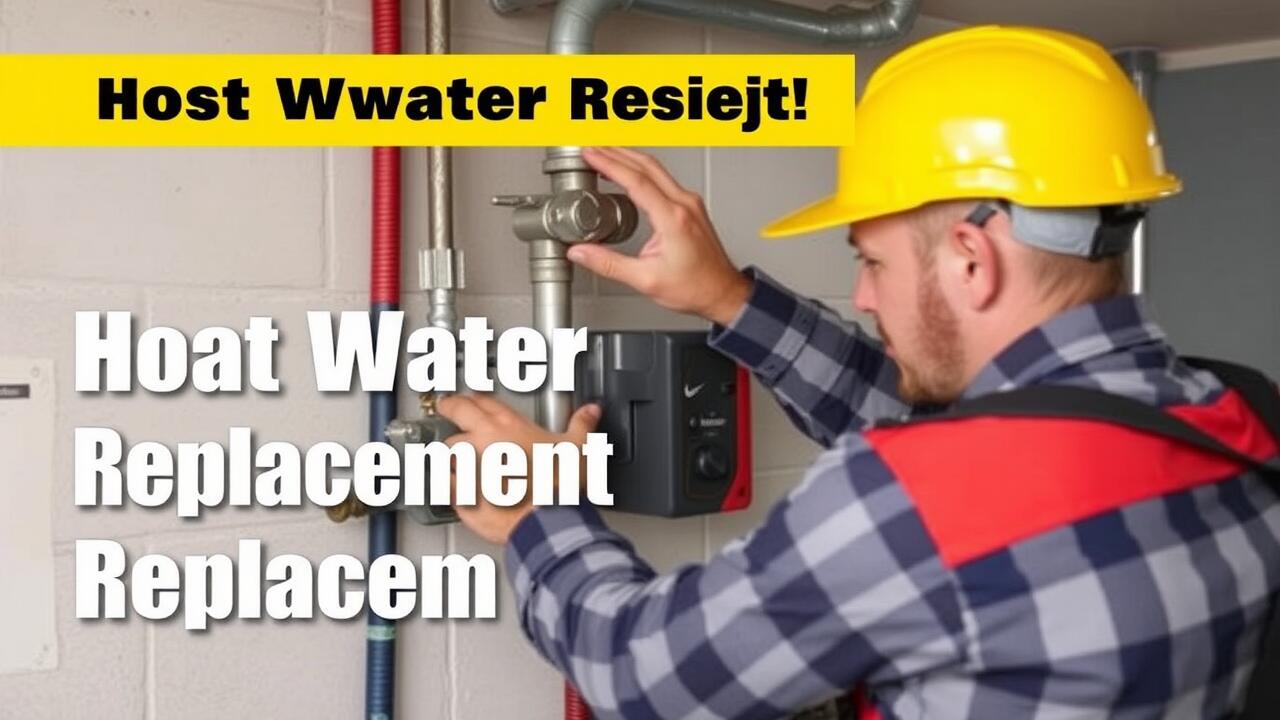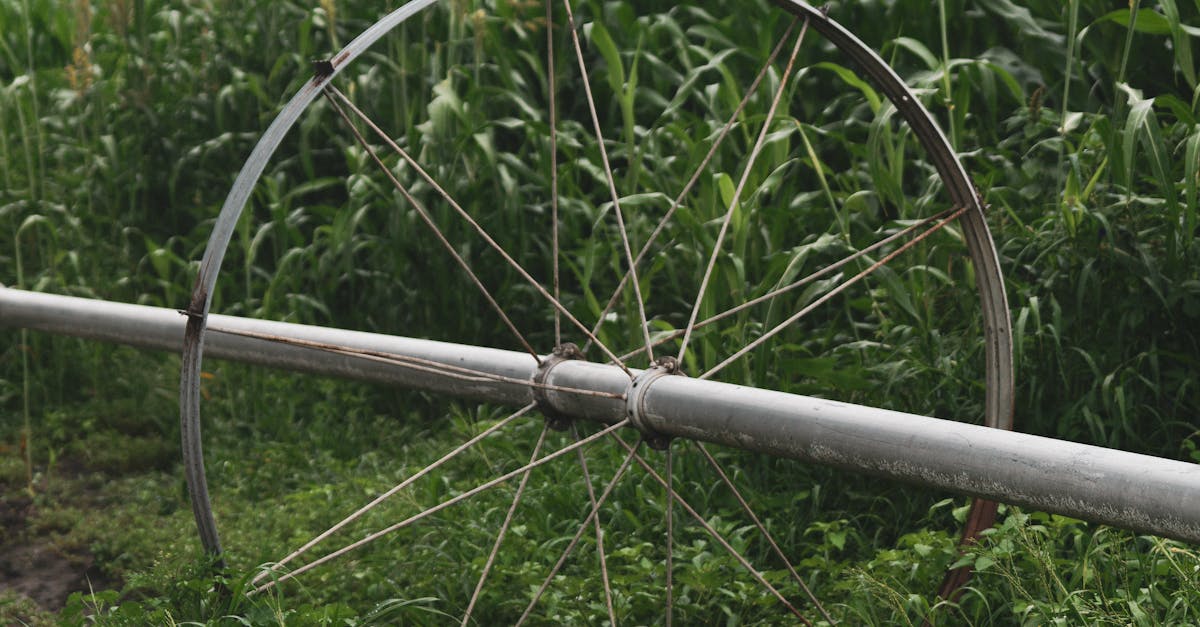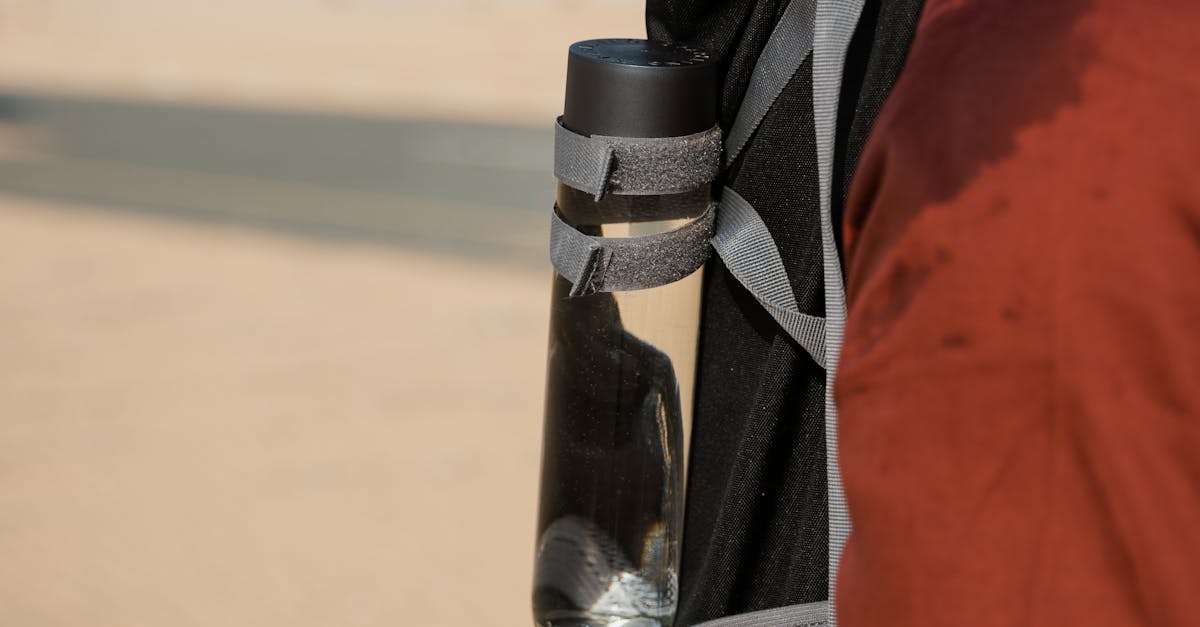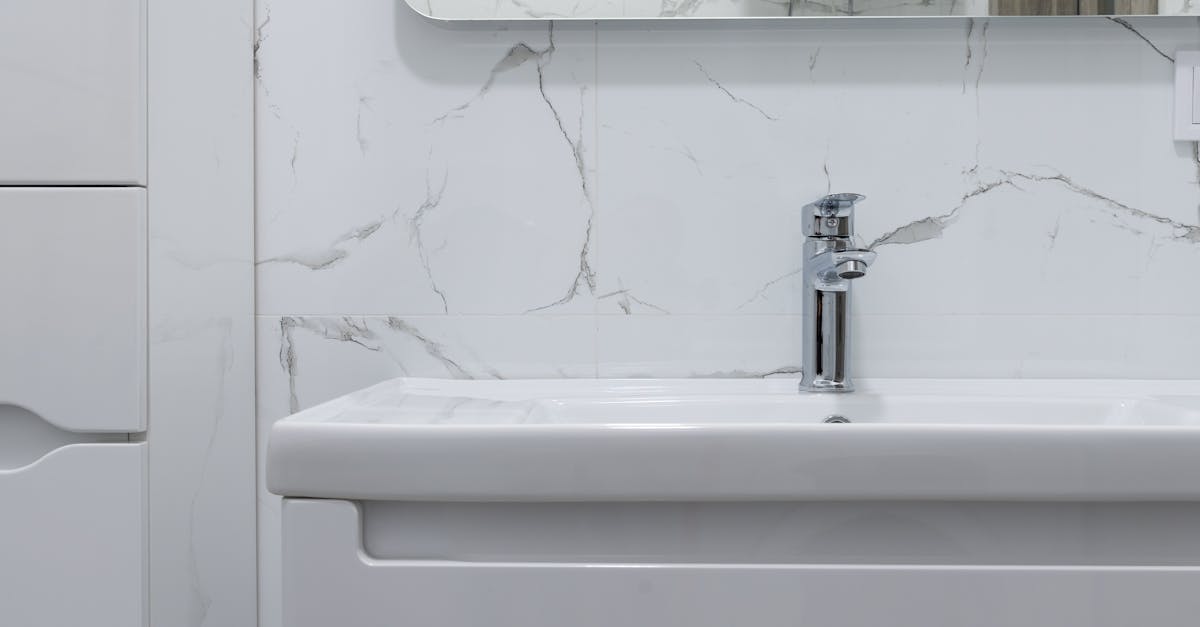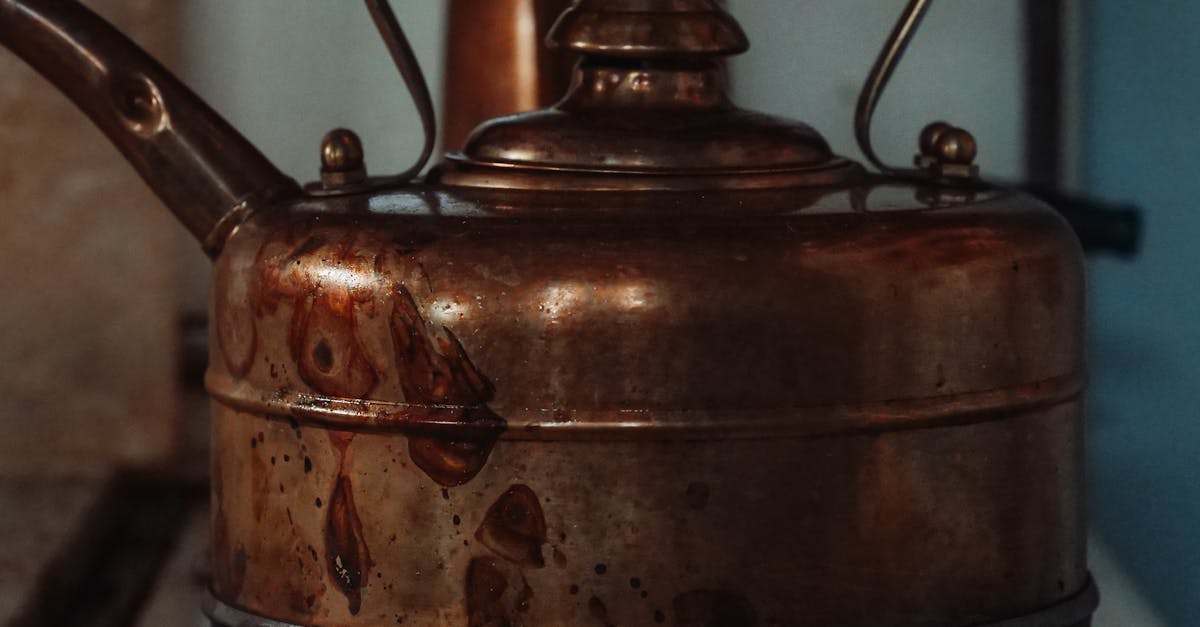
Table Of Contents
Leaks and Moisture Around the Heater
A clear sign that a hot water heater may need replacing is the presence of leaks or moisture around the unit. This situation could indicate a deteriorating tank or faulty connections. Small leaks can often be a temporary fix, but persistent dampness suggests underlying issues. Over time, rust and corrosion may develop, further compromising the heater's integrity. Ignoring these signs increases the risk of water damage and can lead to more extensive repairs.
Homeowners should pay attention to water pooling beneath the heater or any signs of rust along the tank's seams. Regular inspections help identify these issues early, allowing for proactive measures. By addressing leaks promptly, one can prevent the need for Hot Water System Replacement sooner rather than later. Maintaining the unit's condition can enhance its lifespan but requires vigilance to spot warning signs before they escalate into major concerns.
Identifying Sources of Water Damage
When assessing potential sources of water damage near a hot water heater, it’s important to carefully inspect the unit for any visible leaks. Check connections, valves, and pipes for signs of dripping or pooling water. Corrosion or rust around fittings can indicate a failure point that may lead to further leaks. Paying attention to the floor beneath the heater is essential as water accumulation can result in significant structural damage over time.
If leaks are detected, it may be necessary to evaluate whether the issue is due to aging components or a more serious problem with the hot water heater itself. In some cases, a minor leak may be addressed with simple repairs. However, if damage persists or worsens, hot water system replacement could become the more feasible option. Identifying the source of water damage promptly can help prevent more extensive repairs and lessen long-term costs.
Rising Energy Bills
Rising energy bills often indicate that your hot water heater is becoming less efficient. As these systems age, they may struggle to heat water effectively, leading to increased energy consumption. Homeowners may notice a gradual increase in utility costs, which can be a sign that it’s time to assess the performance of the heater.
In many cases, continued inefficiency can lead to a decision about hot water system replacement. Upgrading to a newer model can improve energy efficiency significantly. An investment in a high-efficiency heater not only cuts down on monthly bills but also offers better performance, reducing the likelihood of future problems.
Correlation Between Heater Efficiency and Costs
The efficiency of a hot water heater directly impacts your monthly energy bills. A unit that is operating at peak efficiency uses less energy to heat water, resulting in lower costs. As hot water heaters age, their efficiency tends to decline, which can lead to unexpected increases in energy expenses. Monitoring these changes in your bills can serve as an indicator of your heater's performance.
When considering a hot water system replacement, it is essential to evaluate the long-term savings associated with a new, more efficient model. Although the upfront investment may be significant, the enhanced efficiency can lead to reduced utility costs over time. Homeowners should weigh the potential savings against the current expenses to determine if a replacement is a financially sound decision.
Frequent Repairs and Maintenance
Frequent repairs and maintenance issues can indicate that a hot water heater is nearing the end of its useful life. If you find yourself regularly calling a technician for fixes, this may suggest underlying problems that aren't just isolated incidents. Components such as thermostats, heating elements, and valves can wear out over time, leading to a cycle of continual malfunctions. Assessing the costs and frequency of these repairs is crucial in determining whether investing in ongoing maintenance is worthwhile.
When repairs become a recurring necessity, the cumulative costs can surpass the expense of a hot water system replacement. Each service call adds up, potentially leading to frustration and inconvenience. Evaluating your repair history can help you make an informed decision. If you notice increasing costs over a short period for repairs, it might be time to consider replacing the unit altogether rather than sinking more money into an aging system.
When Repairs Outweigh Replacement
When considering the longevity of your hot water heater, it's essential to evaluate the frequency and costs of repairs. If your heater requires frequent service calls, the expenses can accumulate quickly, overshadowing the cost of a new unit. Components such as thermostats, heating elements, and valves are designed to last a few years. Once these parts start failing regularly, it might indicate that the overall system is nearing the end of its lifespan.
Additionally, if the combined cost of repairs over the past year approaches or exceeds the price of a new installation, Hot Water System Replacement becomes a more economical choice. Owners should factor in the potential for ongoing issues and the inconvenience of having a malfunctioning unit. Replacing an old heater can lead to improved efficiency and reliability, ultimately saving money in the long run.
FAQS
What are the signs that my hot water heater may need to be replaced?
Common signs include leaks and moisture around the heater, rising energy bills, and the need for frequent repairs. If you notice any of these issues, it may be time to consider replacement.
How can I identify the source of water damage around my hot water heater?
Inspect the area around the heater for moisture, leaks, or pooling water. Check for any visible cracks or corrosion on the tank, and look for drips from the pipes or fittings connected to the heater.
Why are my energy bills rising, and could it be related to my hot water heater?
Rising energy bills can indicate that your hot water heater is less efficient than before, often due to age or malfunction. An inefficient heater works harder to heat water, thus increasing energy consumption.
When should I consider repairing my hot water heater instead of replacing it?
If the cost of repairs is relatively low compared to the cost of a new unit, and the heater is still under warranty or relatively new, it may make sense to repair it. However, if repairs are frequent and costly, replacement may be the better option.
How long do hot water heaters typically last before needing replacement?
Most hot water heaters have a lifespan of about 8 to 12 years. However, factors such as maintenance, water quality, and usage can affect their longevity. Regular checks can help extend their life.
